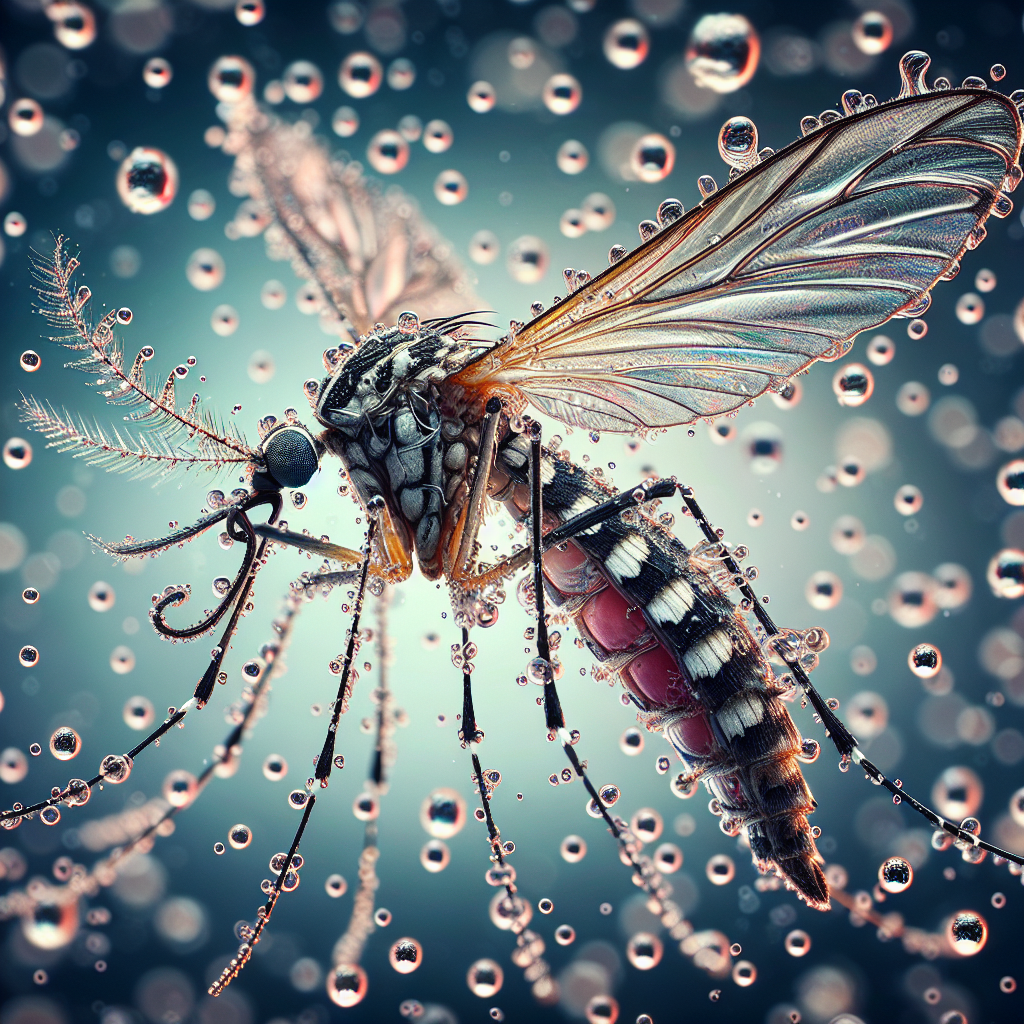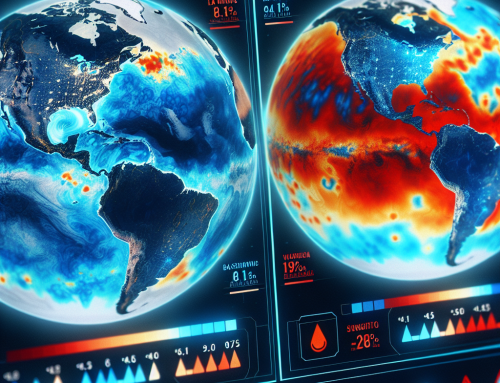
Dengue fever, a fatal virus transmitted by mosquitoes, is spreading rapidly across the Americas due to the escalating global temperatures caused by greenhouse gas emissions. The rise in temperatures has created a conducive environment for the Aedes egypti mosquito, the carrier of dengue, to thrive in regions previously considered too cool for its survival. Consequently, this has led to an alarming increase in dengue fever cases, particularly in the United States and Puerto Rico, prompting authorities to declare a public health emergency due to the surge in cases.
A recent study conducted by esteemed institutions – the universities of Maryland, Harvard, and Stanford, revealed that climate change is a significant driver of the dengue epidemic. The research found that nearly 20% of dengue infections in the Americas and Southeast Asia could be attributed to the effects of climate change. This discovery has sparked concerns among health professionals and policy makers, who are now calling for urgent action to mitigate the impacts of climate change.
Data from the Pan-American Health Organization further underscored the severity of the situation. The organization recorded nearly 7,500 deaths and more than 12.3 million infections in the first 10-plus months of 2024. This figure marks a threefold increase in the number of cases from the previous year. Researchers fear that if the current trends persist, we could witness a potential 40% to 60% increase in dengue cases by 2050 due to the expanding geographical area where mosquitos can transmit the disease.
Despite concerted efforts to reduce greenhouse gas emissions, projections remain grim. 17 out of the 21 countries studied are still expected to see increases in dengue due to the effects of climate change. This is a clear indication that more needs to be done to curb the release of greenhouse gases into the atmosphere and consequently halt the rise in global temperatures.
In the midst of this crisis, the World Mosquito Program has offered a glimmer of hope. The organization found that releasing mosquitoes carrying a common bacteria called Wolbachia could help combat dengue outbreaks. This innovative approach could potentially turn the tide in the fight against dengue, providing a silver lining in what seems to be a looming public health crisis.
As the world grapples with the impacts of climate change, it is clear that its effects extend beyond environmental degradation. The growing incidence of dengue fever serves as a stark reminder of the far-reaching implications of climate change on public health. It underscores the urgent need to address the root causes of global warming in a bid to preserve not only our planet but also our health.
Science4Data is committed to cut through greenwashing and measure real impact. Join the journey to a sustainable future. Your actions matter.






